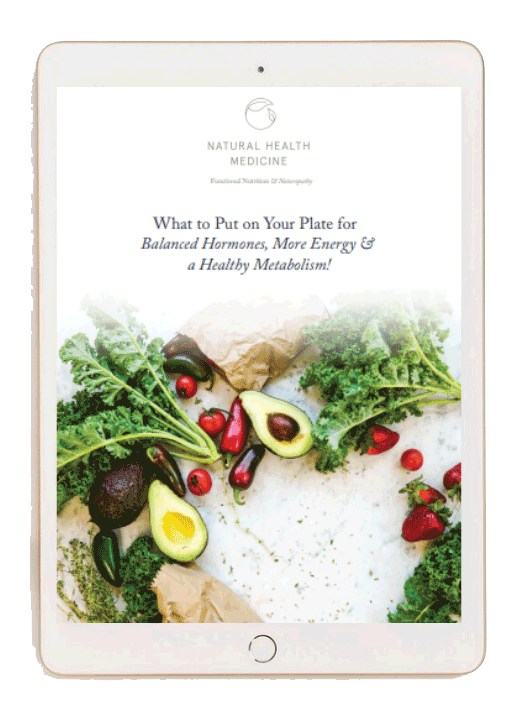Have you got a ‘Diet Mindset’?
The word ‘diet’ actually just means food that you eat! In our modern world, it’s become a term that conjures up feelings of deprivation, starvation and punishment promising more than what can be delivered in the long term but useful in the short term! What I mean by that is there is utility in the short term in diets such as detoxes, elimination diets, plant-based, keto diets, low carb etc they all have something to offer and can be great teaching ground in watching how our body responds – but for most mere mortals we will need to maintain our long term diet in something with more flexibility.
We still need some structure but we want our maintenance/long term diet to be more forgiving and more flexible, so we move out of a “straight jacket” approach as our day to day way we approach our eating.
Your diet mindset is critical to your habits and how it affects your health, if you believe that your health is dependent on dietary habits you hate then you will never succeed! So diet mindset must change to food habits you move to that you not only like but love – there are lots of ways to the top of the mountain and yep perception on these habits may need to change 🙂
So I have created a list of Guiding Principles to help guide you establish a ‘new normal’
1. Healthy Upgrades
When making your food choices, rather than banning certain foods or favourite meals, see how you can upgrade some of the ingredients to be healthier. For example, upgrade pasta or mashed potato to quinoa or basmati rice; instead of ice cream for dessert, make an avocado chocolate mousse from our recipe guide instead. The idea behind this principle is crowding out the ‘bad’ stuff with more ‘good stuff’… and what ends up happening after a period of time is your body starts to CRAVE the new level of nutrition that you’re feeding it.
2. Eat Whole Foods
As Food Journalist, Michael Pollan, says
“If your great grandmother wouldn’t recognise it as food then don’t eat it!”
Eating whole foods that are as close to nature as possible is the foundation for good health. Basically, the less processed a food is, the better it is for you.
Examples of whole foods include:
- Meat, poultry, fish & seafood
- Nuts & seeds, lentils, beans
& pulses - Fresh & seasonal fruits & vegetables
- Wholegrain like rye, rice, barley, oats & spelt
- Healthy oils like olive oil, coconut, ghee & flaxseed oil, beef dripping, duck fat etc
3. Stay Hydrated
Many of us are walking around dehydrated. Sometimes, we think we are hungry when we are actually thirsty and by the time you feel thirsty, you’re already dehydrated. We can do a little equation for how much water you could be drinking? If you aim for about 32ml per kilo of your bodyweight that’s a good start. So if you weigh 70 kilos then 2.240 litres per day or 80 kilos then 2.560 litres etc.
Grab a stainless steel or BPA-free plastic water bottle and sip from it throughout the day. Carry it with you everywhere you go. When you feel like eating, make sure you first have some water first, just in case you’re missing the signal your body is sending you to drink water!
4. Nutrient Dense
Whilst calorie counting can be a useful short term endeavour to understand what your diet looks like from an energy perspective, it’s short-sighted to believe the benefit of the diet is reduced only to calories. Choosing food for its abundance of nutrients is a “healthier” way of looking at your diet. Foods that have been refined or processed such as white breads, pastas, cakes, biscuits etc have a lower nutrient density than those that have. The way foods are cooked and processed such as deep-fried foods in vegetable oil can not be lower on the density scale but turn into harmful substances unfit for human consumption.
All the foods listed above are nutrient-dense. Animal proteins have nearly all the nutrients we required except for vitamin C. Plant foods like fruit, veg, lentils, legumes, nuts, seeds contain important fibres and polyphenols to feed our gut bugs.
5. Eat 3 Meals & No snacks
The idea here is to keep your blood sugar (and your energy!) nice and balanced with 3 healthy savoury meals each day. In between meals, and snacking foods can be overly processed and high in sugars. If you don’t eat proper savoury meals you will go on the hunt for snack foods never really feeling satisfied!
Cheers
Maria
What to Put on Your Plate?
The healthy balanced meal formula designed for menopausal & perimenopausal women




